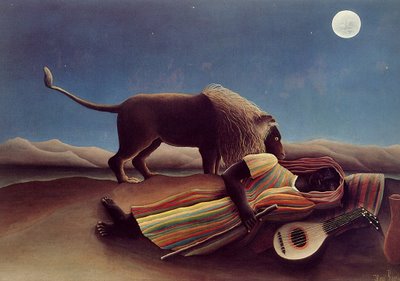BALLARD AND BRAGG ON PAPES AND PRODDIES
The South Bank Show this evening profiled and interviewed J.G. Ballard. In discussing the film of Crash, Ballard noted that at Cannes the Spanish, Italian and French critics all got what it was about, while Alexander Walker (film critic of the Evening Standard) stormed out, and the film was banned in Norway. It was those viewers from Catholic countries, with an appreciation of original sin, the notion that fundamentally we are all rather perverse (and, Bragg interjected, have a death at the centre of their religion - right, said Ballard [and Protestants don't?]) who were equipped to deal with it.
They didn't go on - at least I don't think they did - to consider what Protestantism has at its centre instead. I guess, unequivocal salvation or damnation, with no grey area in which perversity can take place. The notion of perfection, the city on the the hill. As I've mentioned before, Garner has stated he thought the English people cut themselves off from an imaginative tap-root with Protestantism.
One of the things I find very interesting is an idea that can follow from this: that even if you don't consider yourself to have religious faith, the matrix of thought laid down by a religious tradition will continue to operate long after the practice of that religion had faded. Over recent years I've become aware of how important a weak but persistent ambience of Scottish Calvinism in my background has been to shaping my world-view. I escaped, thankfully, the genuinely traumatising blood-and-hellfire sermons of my father's youth.
*
I was most relieved to see Martin Amis admitting he didn't get what Crash was about until his third or fourth reading of it, in preparation for reviewing the Cronenberg film, and that in his 1970s review of it, he used sarcasm to cover his ignorance.


